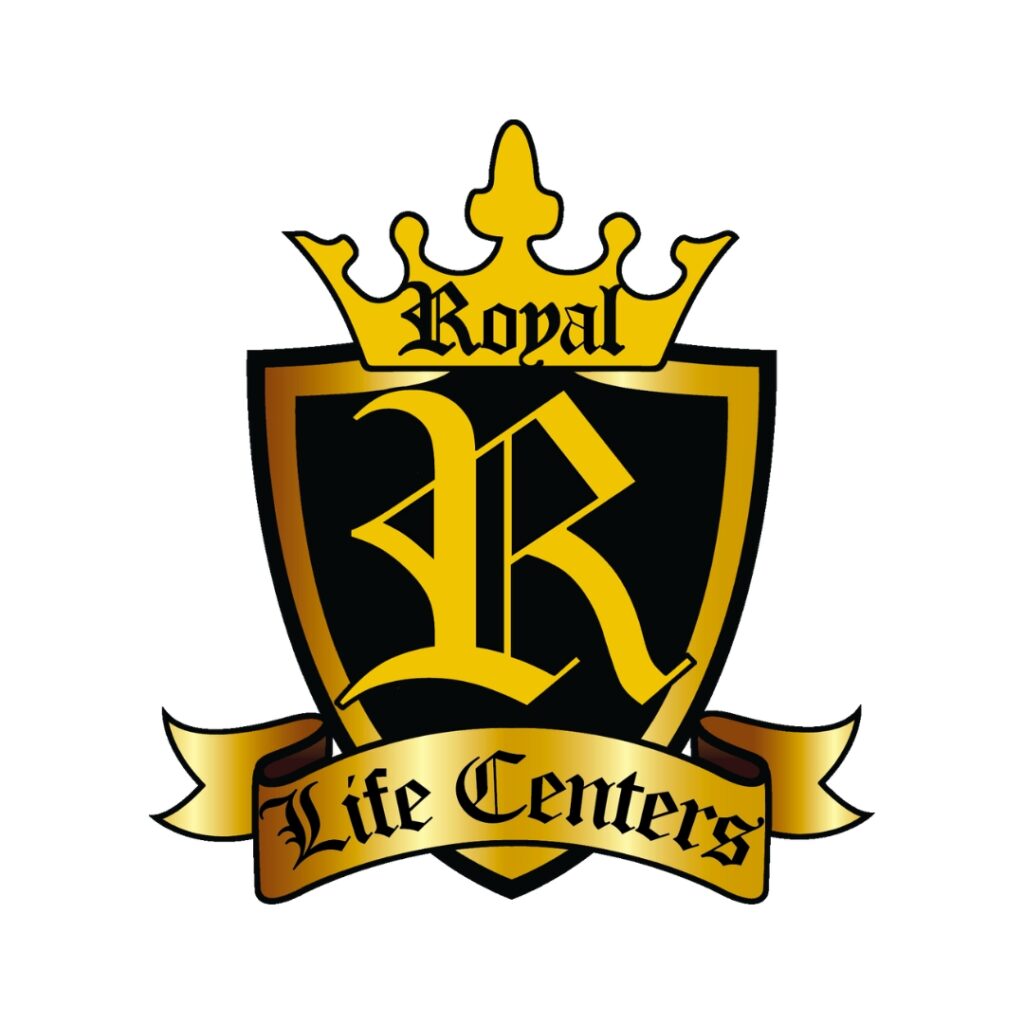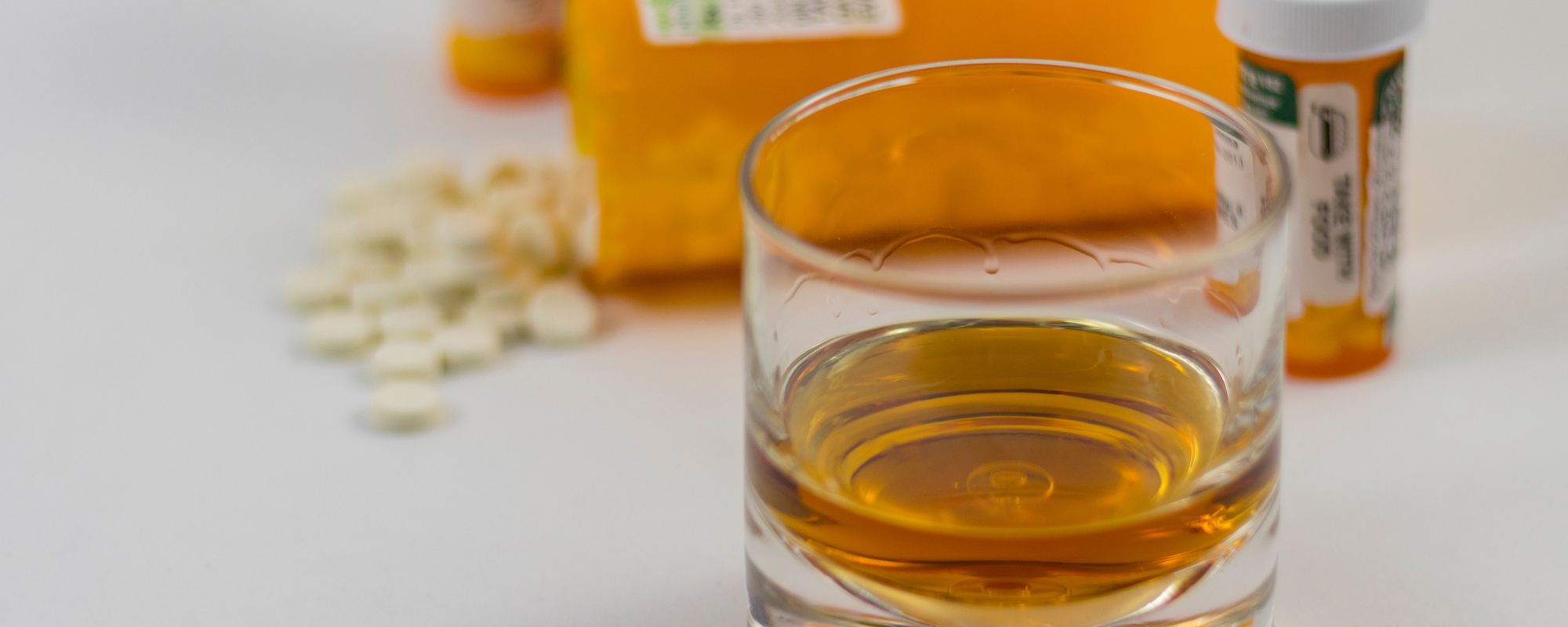For those struggling with PTSD, it can often feel tempting to turn to substances as a means of escape from their trauma. In particular, there are significant rates of PTSD and substance abuse in veterans. Why do people with PTSD develop substance abuse issues more often than others? At its core, substance abuse offers a way to escape past trauma.
The relationship between PTSD and substance abuse is a complex one. Understanding the connection between trauma and addiction can help you better understand your own situation and seek the help you need.
Understanding Post-Traumatic Stress Disorder (PTSD)
Post-Traumatic Stress Disorder (PTSD) is a mental health condition that develops after experiencing or witnessing a traumatic event. PTSD can be caused by a singular traumatic experience or repeated exposure to a traumatizing situation.
Those who struggle with PTSD often face serious social and personal setbacks as a result of this condition. This is because their symptoms can make it difficult to perform basic everyday activities and interactions.
Who Does PTSD Happen To?
Post-traumatic stress disorder (PTSD) can happen to anyone who has experienced a traumatic event. With that said, there are certain situations that may increase a person’s likelihood of developing PTSD, including:
- Combat and Military Experiences: War, military service, and exposure to violence.
- Sexual Assault and Abuse: Rape, sexual assault, childhood sexual abuse.
- Physical Assault and Violence: Domestic violence, child abuse, physical assault.
- Accidents: Car accidents, serious injuries, near-death experiences.
- Disasters: Natural disasters (earthquakes, hurricanes, floods), terrorist attacks, mass shootings.
- Witnessing Trauma: Witnessing violence against others, experiencing the aftermath of a traumatic event.
It is important to keep in mind that these are not the only situations that can lead to PTSD. Because it is a subjective experience, what may be traumatizing for one person may not have the same effect on another.
Military Veterans and First Responders
PTSD is a significant concern for both military veterans and first responders. This is largely due to the fact the nature of their work is inherently traumatic. Studies show that a high percentage of veterans experience PTSD. This can attributed to their exposure to combat, military sexual trauma, and deployment-related stress.
The same can be said for first responders, who regularly encounter traumatic events such as accidents, violence, death, and human suffering. This repeated exposure can be significantly detrimental to their mental well-being.
Victims of Domestic Violence or Sexual Assault
PTSD is highly prevalent among victims of domestic violence and sexual assault. The constant fear, control, and abuse experienced in domestic violence situations can be deeply traumatic. For those who have experienced sexual assault, this is a deeply traumatic event that can have a profound and lasting impact on survivors.
Accident Survivors
Serious accidents can often lead to PTSD. This can include car accidents, near-drownings, sports injuries, and other serious incidents that result in significant bodily or mental harm. More severe accidents with serious injuries or near-death experiences can increase the risk of PTSD. This is also the case for those who witness injuries to themselves or others during an accident, as well as those who have a pre-existing history of anxiety or depression.
Natural Disasters
Natural disasters can be incredibly traumatic events that can lead to the development of PTSD. Hurricanes, floods, tornadoes, and various other natural disasters can cause mass destruction and displacement in the areas they impact. Those who have lost homes, loved ones, and resources as a result of a natural disaster can develop PTSD from the trauma and severe emotional turmoil they endured.
What Are the Signs and Symptoms of PTSD?
Post-traumatic stress disorder can manifest in a variety of ways. This means that symptoms can often vary greatly from person to person. That said, there are several symptoms that commonly manifest in those who struggle with PTSD. These include:
- Flashbacks: Reliving the traumatic event as if it’s happening again, with intense fear, horror, or helplessness. This can include vivid sensory experiences like sights, sounds, smells, and physical sensations.
- Nightmares: Recurrent and disturbing dreams related to the trauma.
- Intrusive Memories: Unwanted and distressing thoughts or images of the traumatic event.
- Avoidant Behavior: Actively avoiding people, places, situations, thoughts, or feelings that remind them of the trauma.
- Memory problems: Difficulty remembering important aspects of the traumatic event (dissociative amnesia).
- Emotional numbness: Difficulty experiencing positive emotions, feeling detached or estranged from others.
- Distorted beliefs: Negative and distorted thoughts about oneself, others, or the world.
- Persistent fear, anger, guilt, or shame: Difficulty regulating emotions and experiencing intense negative emotions.
- Loss of interest in activities: Diminished interest or participation in previously enjoyed activities.
- Hypervigilance: Constant feeling of being on guard, easily startled.
- Irritability and angry outbursts: Difficulty controlling anger and experiencing frequent outbursts.
- Reckless or self-destructive behavior: Engaging in risky behaviors like substance abuse or reckless driving.
- Difficulty sleeping: Insomnia, difficulty falling asleep, or frequent awakenings.
- Difficulty concentrating: Problems with focus, attention, and memory.
Addiction
Are you struggling with an addiction to substances like drugs and alcohol?
Royal Life Centers at Cascade Heights Recovery is here to help you recover. Because we care.
PTSD and Substance Abuse: What’s the Connection?
The connection between PTSD and substance abuse is complex and significant. Individuals with PTSD often turn to substances like alcohol or drugs to try and alleviate their symptoms. While these substances can temporarily numb difficult thoughts and feelings, it is important to understand that this is a false sense of relief.
Furthermore, both PTSD and substance abuse can be linked to underlying factors. This includes trauma, genetic predisposition, and certain social and environmental factors. Unfortunately, substance use can ultimately worsen PTSD symptoms over time.
This can create a vicious cycle, where the individual’s attempts to ease their suffering only cause them further harm. For example, alcohol can actually increase anxiety and lead to sleep issues. Certain drugs can also trigger flashbacks and intensify emotional distress.
Fortunately, understanding the connection between PTSD and addiction can help you recognize when it may be time to seek help. If you believe your substance use is worsening your PTSD symptoms, a professional treatment center can address these issues simultaneously.
What Are Co-Occurring Disorders?
Co-occurring disorders refer to the presence of a mental health condition and a substance use disorder at the same time. These disorders often interact and influence each other, exacerbating their symptoms and making them harder to treat.
The presence of co-occurring disorders can increase the severity of both conditions. In order to effectively treat co-occurring disorders, an integrated approach is required. At Cascade Heights, our comprehensive treatment program can address co-occurring PTSD and substance use disorders.
Treatment for PTSD and Substance Abuse
Treatment for PTSD and substance abuse at Cascade Heights uses an integrated approach that addresses both conditions simultaneously. We combine holistic and research-based treatments that allow our clients to heal in mind, body, and spirit.
For those seeking addiction treatment for veterans, it is important to understand that there are likely underlying reasons for their substance abuse. We understand the unique requirements for treating PTSD in veterans and first responders.
Our program combines research-based psychotherapies with holistic treatment. This allows us to manage your symptoms while providing the emotional support needed to address the root causes of your dual diagnosis.
Psychotherapy for PTSD and Substance Abuse
Psychotherapy plays a crucial role in treating PTSD and substance abuse. This is especially true when they are integrated to address both conditions concurrently. Cascade Heights uses several key therapeutic approaches in our dual diagnosis treatment approach, including:
- Cognitive Behavioral Therapy (CBT): CBT focuses on identifying and changing negative thought patterns and behaviors.
- Trauma-Focused CBT: This involves repeated and prolonged exposure to trauma triggers in a safe and controlled environment. This can include trauma-related memories, emotions, and situations.
- Cognitive Processing Therapy (CPT): Helps individuals challenge and reframe negative thoughts and beliefs related to the trauma.
- Eye Movement Desensitization and Reprocessing (EMDR): A therapeutic approach that involves recalling traumatic memories. This is done while engaging in bilateral stimulation (e.g., eye movements, tapping).
- Dialectical Behavior Therapy (DBT): DBT focuses on emotional regulation, distress tolerance, mindfulness, and interpersonal effectiveness skills.
- Group Therapy: This provides a supportive environment for group discussion. Here, individuals can share their experiences, learn from others, and receive support.
These are just a few of the research-based psychotherapies offered at our treatment program. Each of these can be crucial for veterans and addiction treatment. By integrating these with holistic therapies, we give our clients the best chance at a successful recovery.
Holistic Treatment for PTSD and Substance Abuse
Holistic approaches to treating PTSD and substance abuse focus on addressing the whole person. These therapies can complement traditional treatments like psychotherapy and medication. Some of the holistic therapies used in our comprehensive treatment approach include:
- Mind-Body Therapies: Yoga, mindfulness meditation, and deep breathing exercises all help calm the nervous system and reduce anxiety.
- Art Therapy: Allows individuals to express their emotions and process trauma through creative expression.
- Music Therapy: Uses music to address emotional, cognitive, and social needs.
Through combining holistic and research-based therapies, Cascade Heights provides a whole-health approach to recovery. We ensure our clients heal spiritually, emotionally, and physically. This provides them with the skills and support they need to maintain their recovery in the long term.
The Importance of Treating Both Mental Health and Addiction
When it comes to veterans’ addiction treatment centers, Cascade Heights is unmatched in its commitment to providing high-quality care. Our dual diagnosis program offers the extensive support and structure you need to achieve lasting recovery.
To successfully overcome co-occurring PTSD and addiction, both issues must be addressed simultaneously. Our extensive therapies and medical interventions address both your surface-level addiction as well as its underlying causes.
If you are looking for help for veterans with drug addiction or any other issues, we are here for you. Our admissions representatives are available 24/7 to answer your questions and help you understand the best treatment options for your needs.
- What is PTSD? – PTSD: National Center for PTSD
- Traumatic Events and Post-Traumatic Stress Disorder (PTSD) – National Institute of Mental Health (NIMH)
- Post-traumatic stress disorder (PTSD) – Symptoms and causes – Mayo Clinic
- Treatment of Co-Occurring PTSD and Substance Use Disorder in VA – PTSD: National Center for PTSD
- Posttraumatic Stress Disorder and Co-Occurring Substance Use Disorders: Advances in Assessment and Treatment – PMC
- PTSD and Problems with Alcohol Use – PTSD: National Center for PTSD







